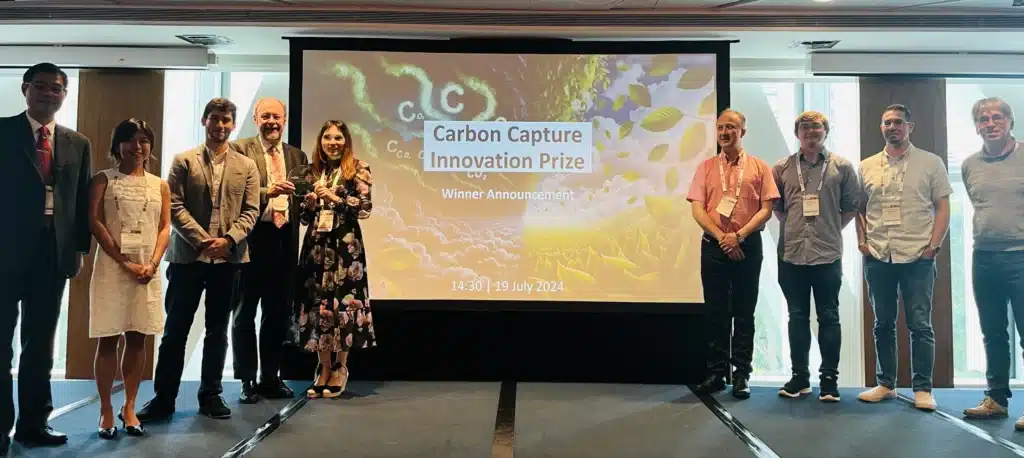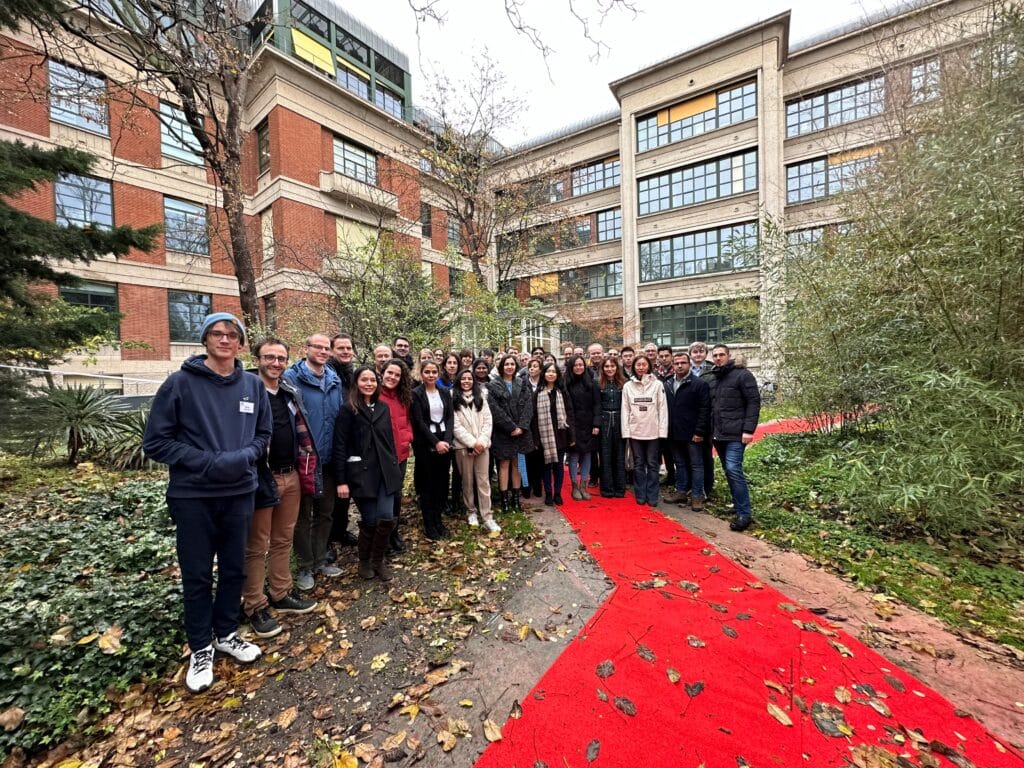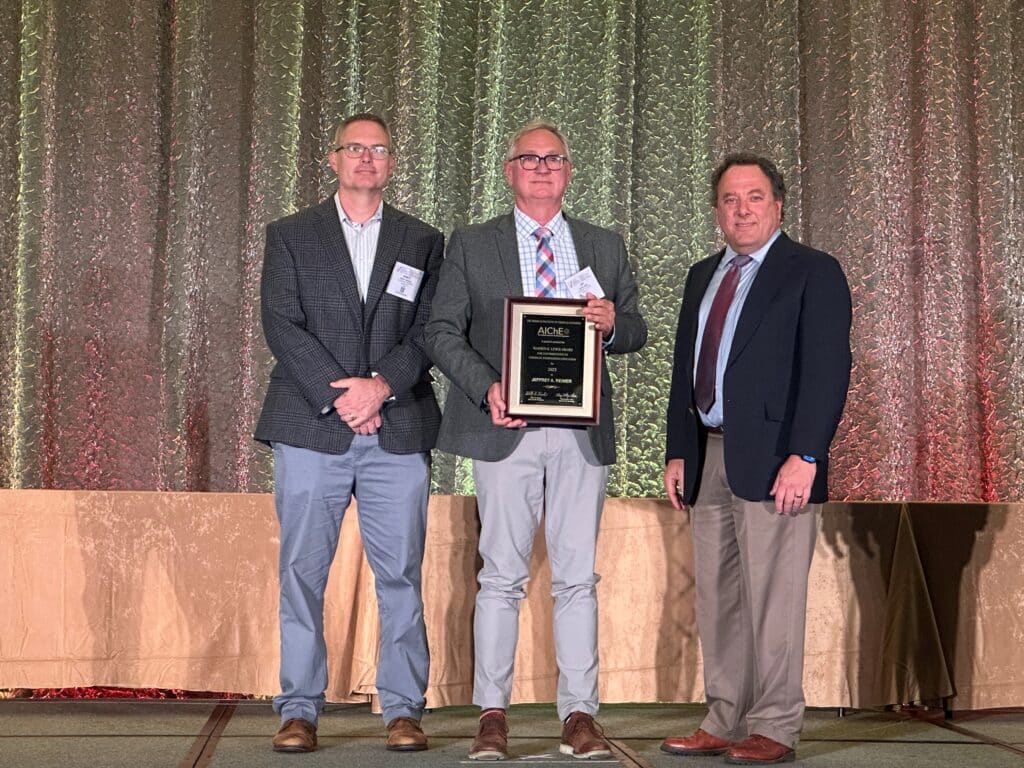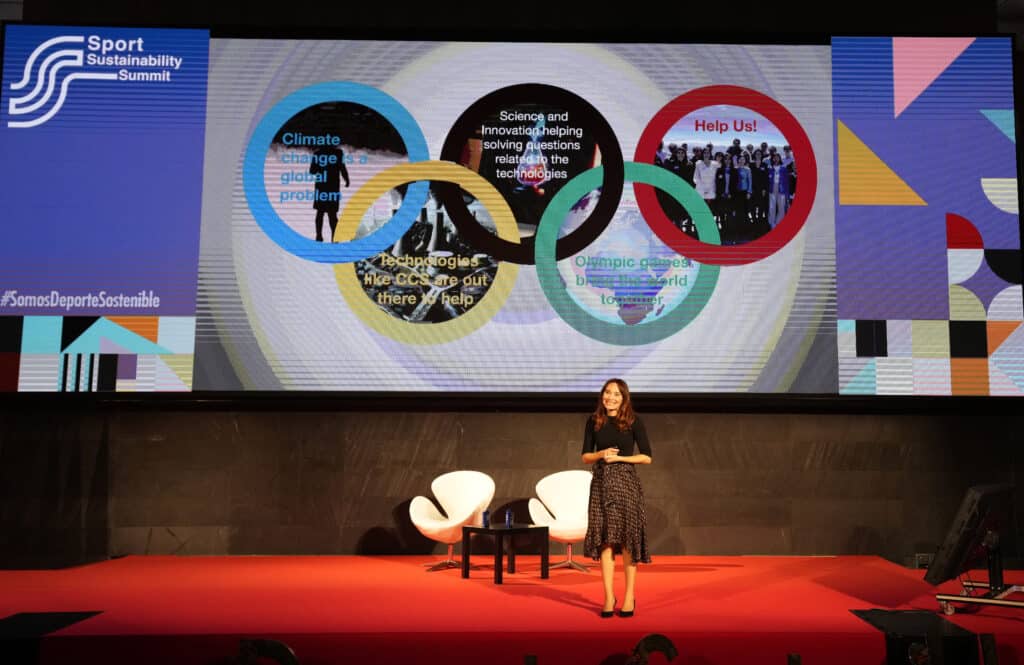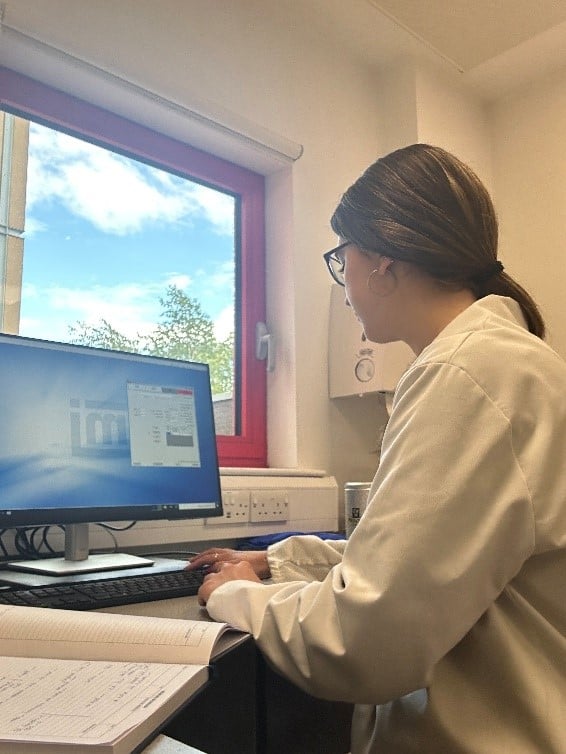USorb-DAC team is the winner of 2024 Carbon Capture Prize!
The Carbon Capture Innovation Prize was launched to accelerate and reward research in the field of carbon capture materials, and includes a state-of-the-art DVS Carbon instrument lab package. In a remarkable display of innovation, our team has once again showcased its leadership in carbon capture technology. A groundbreaking research proposal from our team has received high praise from a distinguished panel of experts. The project aims to expedite the transition to a Net-Zero carbon economy by creating an open-access experimental protocol. Among the other finalists were esteemed institutions such as Arizona State University (USA), Avnos (USA), CICECO (Portugal), Georgia Institute of Technology (USA), and Tsinghua University (China), underscoring the global competition in this critical field.
USorb-DAC team is the winner of 2024 Carbon Capture Prize! Read More »
